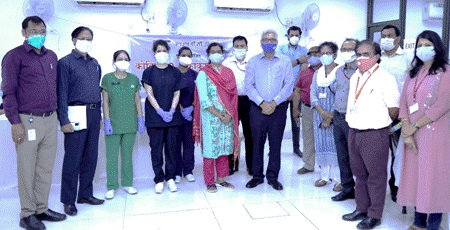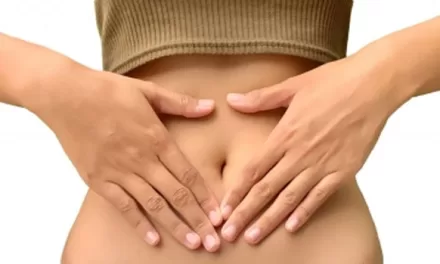February 7, 2024 — A groundbreaking new type of cell therapy could significantly improve the prognosis of critically ill patients with acute respiratory distress syndrome (ARDS) caused by severe COVID-19, according to promising trial results published in the journal Nature Communications.
The study, led by a team at the UK’s Anglia Ruskin University (ARU), investigated the use of agenT-797, a novel allogeneic, unmodified invariant natural killer T (iNKT) cell therapy developed by MiNK Therapeutics. The therapy aims to rescue exhausted T cells and trigger an anti-inflammatory cytokine response, potentially enhancing anti-viral immunity and reducing severe lung inflammation.
The exploratory trial involved 20 mechanically ventilated patients with severe ARDS secondary to COVID-19. Remarkably, 14 out of the 20 patients (70%) survived at 30 days, compared to a control group’s survival rate of only 10%. Notably, patients who received the highest dosage of agenT-797 experienced an 80% lower occurrence of bacterial pneumonia compared to those who received lower doses.
Importantly, this trial marked a significant milestone as the first immune cell therapy used in critically ill patients undergoing veno-venous extracorporeal membrane oxygenation (VV-ECMO), a highly invasive salvage therapy for ARDS patients. The survival rate among the VV-ECMO cohort was an impressive 80% after 30 and 90 days, and 60% after 120 days, far exceeding the overall survival rate of 51% for COVID patients treated solely with VV-ECMO during the same period.
Professor Justin Stebbing from ARU commented on the trial’s findings, stating, “MiNK’s iNKT cell treatment triggered an anti-inflammatory response in ARDS patients, leading to favorable mortality rates despite a poor prognosis. Patients treated with this therapy also exhibited reduced rates of pneumonia, highlighting the potential of iNKT cells, and agenT-797 in particular, in treating viral diseases and infections more broadly.”
The trial results offer hope for critically ill COVID-19 patients and suggest a promising avenue for further research into cell-based therapies for combating severe respiratory illnesses. As the world continues to grapple with the ongoing pandemic, advancements in innovative treatments like agenT-797 offer a glimmer of optimism in the fight against COVID-19.











